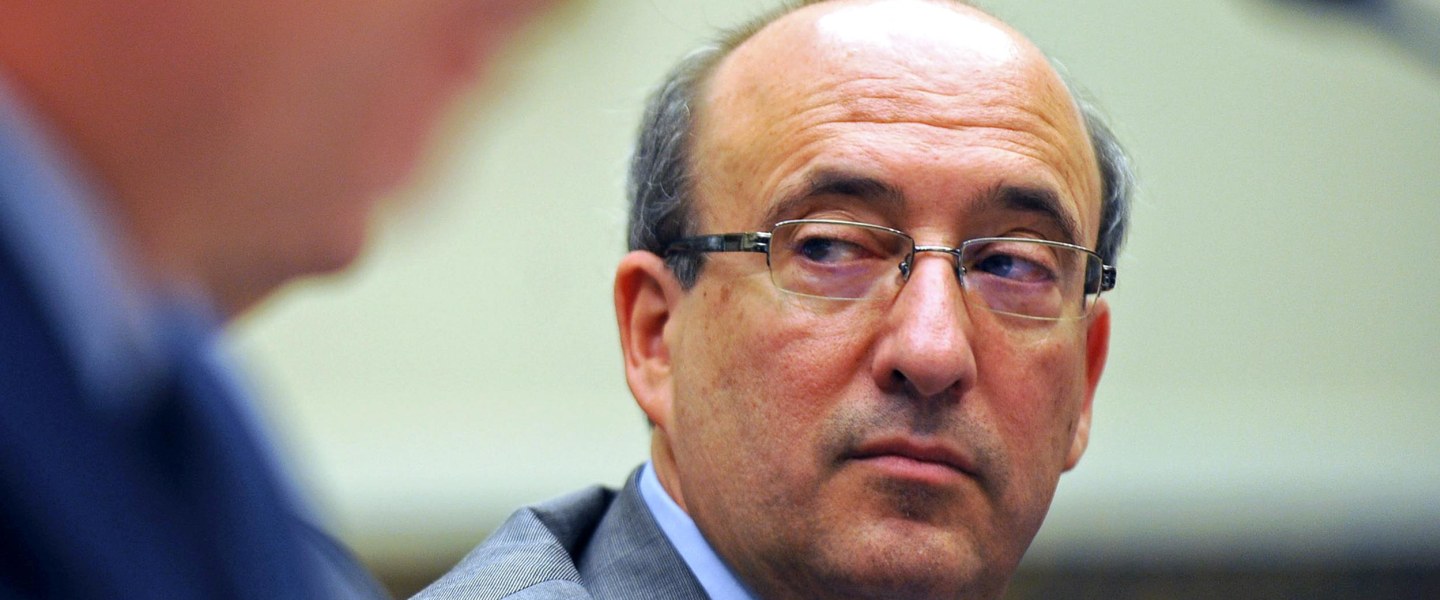Today’s post was shared by Gelman on Workplace Injuries and comes from www.nbcnews.com
W hy should I care? Why should anyone care? And where do we go from here – what is needed most for safe workplaces?
The article linked to below is an incredibly insightful interview from the head of the Occupational Safety and Health Administration, known far and wide as OSHA. Assistant Labor Secretary David Michaels answers quite a few of these questions with frank messages that all should consider, whether you’re a worker or love someone who works. Because, to review, OSHA is limited only to holding businesses accountable for safety violations, and once those violations are fixed, proposed fines are almost always adjusted down.
As is often seen at law firms like ours, what happens once a worker is injured greatly affects that worker and their loved ones financially and emotionally, in both the short-term and long-term. That’s one of the many reasons this blog features so many posts advocating for worker safety, and the firm’s efforts include articles on other social media outlets that highlight when OSHA is holding businesses accountable for safety lapses. Though workers are affected badly by unsafe conditions throughout the spectrum of wages, this issue affects low-wage workers more, and almost always, there’s less of a financial cushion for workers who make less money in the first place.
“There’s a clear correlation between low wage jobs and unsafe jobs….Workers in low wage jobs are at much greater risk of conditions that will make it impossible for them to live in a healthy way, to earn money for their family, to build middle class lives,” Michaels said.
I would continue to argue that when businesses and insurance doesn’t step up to do the right thing after someone is hurt, regardless of regulatory requirements lagging behind, then society as a whole is also affected by the cost of supporting injured workers and, often, their loved ones. As Michaels mentioned, employers should make workplaces even safer than OSHA’s minimum requirements and focus on prevention, which can also result in cost savings. But if a worker does happen to get hurt, the employer should make the choice to help the worker recover, and ultimately, if at all possible, get back to meaningful work. In the long run, this benefits the worker, their loved ones, employers and society the most. And as Michaels said about injury prevention, “There’s a lot of evidence that companies that manage safety well are more productive and outperform their competitors.”
So workers, and especially businesses, should care enough to take care.
 Inequality and poverty have taken center stage in American politics in the years since the recession. Fast food workers have raised the profile of low-wage work, cities and states around the country are raising the minimum wage, and elected officials in both parties have made the struggles of poor Americans core political issues. But David Michaels, Ph.D., M.P.H., who leads the Occupational Safety and Health Administration under the Obama administration, says that workplace inequality is more than just wages. In an interview, Michaels, who is responsible for enforcing federal laws to project workers from illness and injury, says the regulatory structures he oversees aren’t sufficient to protect vulnerable workers from harm. NBC: The political conversation about inequality in recent years has focused on wages. You’ve made the point that when addressing inequality, we should focus more on workplace health and safety issues. Why? Michaels: Wages are clearly a core component of the discussion of inequality and the ability to get into and stay in middle class. But workplace health and safety issues also have an enormous impact. Workplace injury and illness can push workers out of middle-class jobs and make it hard to enter into the middle class in the first place. Studies show that workplace injury… |
[Click here to see the rest of this post]


Pingback: Workers’ Compensation System Should Serve Workers: Research Study Looks at ‘Work-Injury Impact on Wealth of U.S. Workers’ - Workers' Compensation Watch